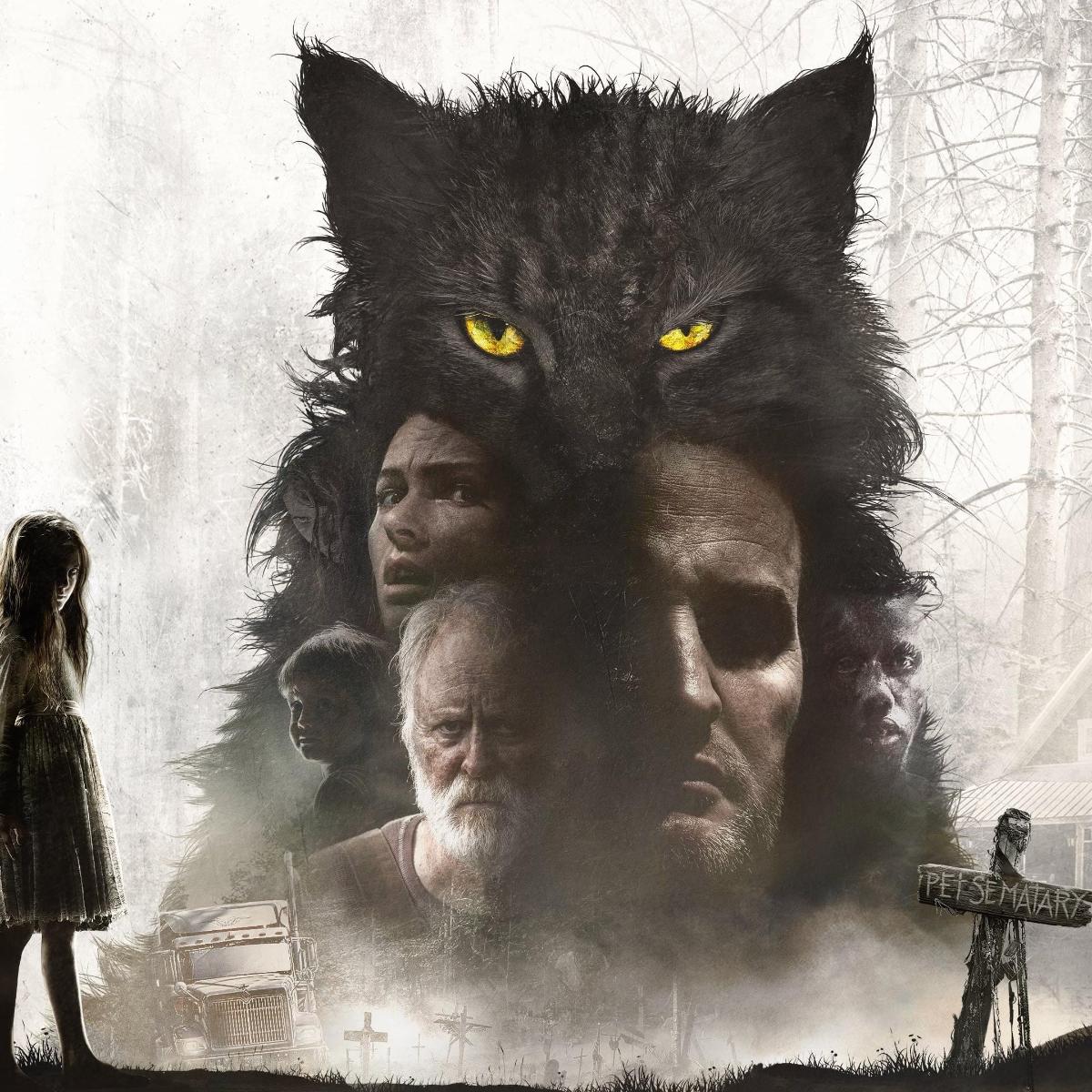J J Abrams adapts Stephen King’s novel explaining why Doctor Who’s first episode was delayed.
For Stephen King, the past has always been a favourite place to visit, but 11.22.63 sees him take up residence there, widening his supernatural gaze from his beloved Maine to the wider United States and a defining moment in America’s self-mythology. It’s King’s love of arcane Americana writ large and his expression of a generation’s mourning, an ambitious, emotionally textured meditation on time, loss, obsession, and the butterfly effects of even well-intentioned interference. The television adaptation, developed by J J Abrams of all people – a man rarely known for subtlety or depth – unsurprisingly scales back much of the sprawling novel, focussing the narrative in a narrower, more linear direction, emphasising the story’s Quantum Leap-style adventure elements at the expense of the novel’s emotional core.
To its credit, the miniseries captures the core of the premise cleanly: Jake Epping (James Franco), a weary, divorced teacher in 2016, is shown a time portal to 1960 by his dying friend Al (Chris Cooper). Tasked with preventing Kennedy’s murder, Jake must navigate the past’s resistance to change, the ethics of meddling, and the human cost of tethering himself to a moment in history. It remains one of King’s most potent premises: no ghosts, no psychic kids, no cosmic turtles, but the stakes are as titanic as they come.
For the uninitiated viewer, there’s more than enough to be getting on with but for fans of the novel the show often feels like it’s peeking through a crack in the door rather than stepping fully into the dramatic possibilities of the story. In the book, the past’s resistance manifests in subtle misfortunes, serendipitous delays, and eerie coincidences. But Abrams’ take on the past’s recalcitrance externalises the resistance into something far more literal: flaming signs, exploding cars, a suspiciously well-timed fire that conveniently destroys Jake’s sports almanac-style research, feeling more like a Final Destination first draft than a trans-temporal thought experiment.
Much of what makes 11.22.63 so affecting on the page is the patient, almost obsessive slow-burn of Jake’s immersion in the past as he lives whole years in another man’s skin, building a life, a career teaching, and falls in love with Sadie (Sarah Gadon, doing far more than the script gives her credit for). The novel uses that time to explore how the past seduces with its surface charm while hiding the deeper social toxicity of the times, an indictment of the very idea of nostalgia. The show speeds past that richness, reducing 1960s Texas to a costume drama backdrop with light seasoning of racism and gender politics to maintain credibility.
James Franco then – and especially now – makes a curious choice for the lead. While there’s always been a mischief in his performances, a slight smirk in his delivery, it feels at odds with Jake’s haunted resolve. He’s not bad, per se, but you can feel the series bending to accommodate him rather than him disappearing into the role. Chris Cooper, in contrast, brings depth and urgency in the limited screentime he gets, setting a bar the series never quite meets again and George MacKay’s expanded role as Bill Turcotte, the most overt change for the adaptation, becomes a functional sounding board for exposition. His performance is good, but it clutters the emotional arc that Jake and Sadie should be tracing if they were alone.
The conspiracy angle is streamlined almost to the point of parody. Book Jake has to grapple with the ambiguity of Oswald’s motives, peeling back the layers of potential conspiracy, and the sickening possibility that none of it was orchestrated at all. TV Jake plays a game of increasingly blunt cat-and-mouse and by the time the series reaches its climax in episode eight, the tension has been defused not by resolution, but by repetition. Oswald (Daniel Webber) ends up feeling like a side quest rather than the target.
Still, there are flashes where the show reaches for something more: the haunting presence of the Yellow Card Man, the realisation that changing the past can ruin the future, and the slow epiphany that some things can’t be fixed no matter how many chances you get. The final episode almost redeems the journey by tapping back into the aching melancholy of the novel’s final chapters. Almost.
Some of the show’s omissions are understandable. The novel’s detours to Derry and run-ins with the cosmic leftovers from It might have derailed a TV series looking to stay on target but in trimming the digressions, it loses the density of King’s worldbuilding and the sense that this story belongs to a much larger tapestry. 11.22.63 on screen is tidy, efficient, and ultimately quite small.
This isn’t a bad adaptation, but it is a safe one, sanding down the plot’s edges until it fits neatly into a television timeslot, slightly too enamoured of a Franco-led Back To The Future pastiche than exploring everything the novel gives its readers. There’s no great sin in making a miniseries that’s merely good, but when the source material brushes up against greatness, it’s hard not to notice what’s missing.











